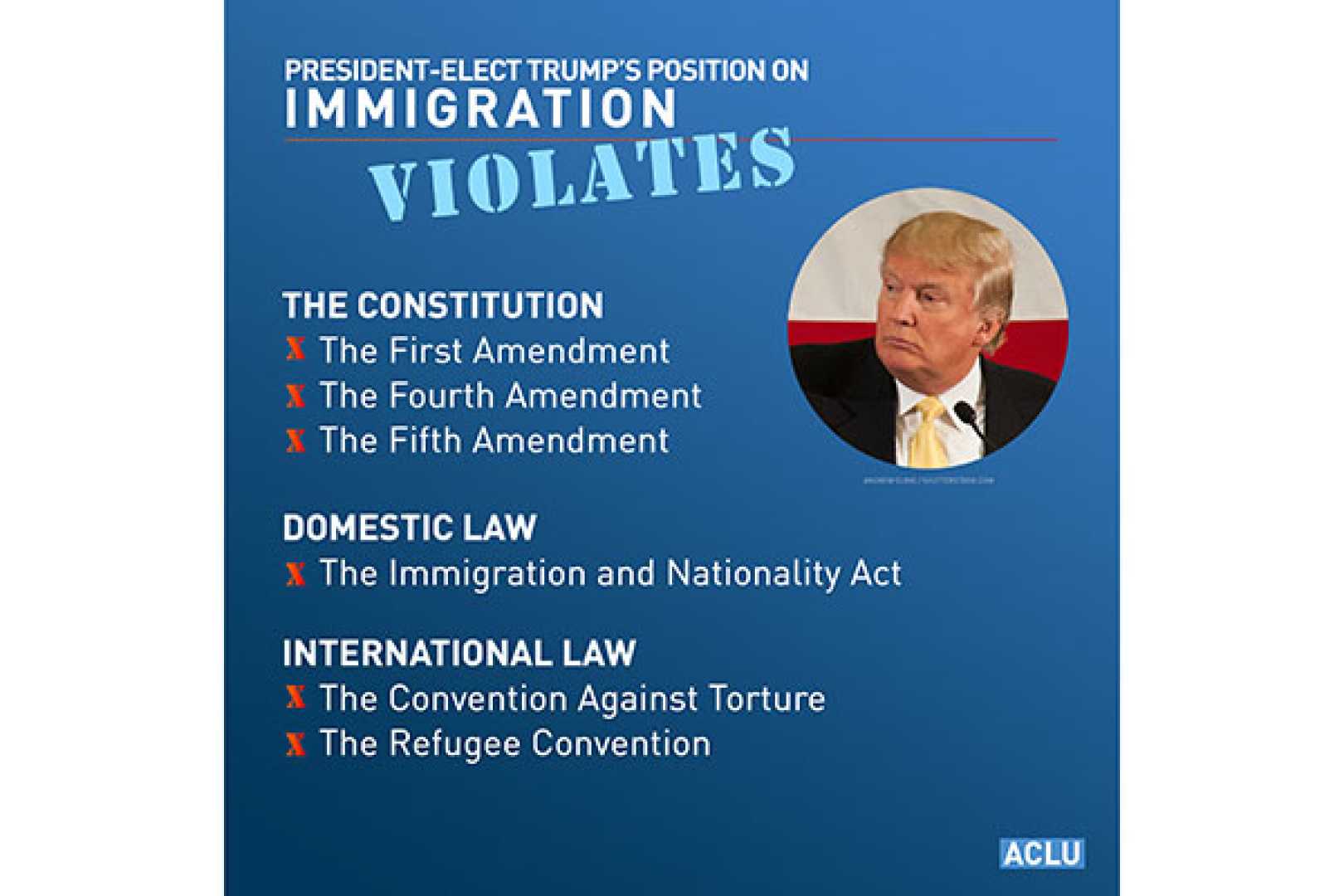Politics
Trump’s Administration Resurrects Controversial Citizenship Stripping Policies

Washington, D.C. — Former President Donald Trump is reviving contentious policies aimed at stripping citizenship from naturalized Americans in a move that echoes controversial chapters in U.S. history. The Justice Department has recently expanded its efforts to target naturalized citizens for denaturalization proceedings, focusing on individuals deemed a threat to national security, those with violent criminal backgrounds, or those accused of misrepresenting their citizenship status.
The administration’s renewed push raises alarm among naturalized citizens, particularly those known for opposing Trump or associated with progressive movements. Legal experts indicate that this initiative could have a chilling effect on free speech and political dissent.
“Denaturalization is framed as a means to protect the integrity of citizenship, but it’s essentially about suppressing speech and targeting individuals the government dislikes,” said Amanda Frost, a professor of law at the University of Virginia.
This approach mirrors practices seen during the Red Scare of the 1950s, when denaturalization was used to root out perceived Communists and political dissenters. Scholars warn that today’s rhetoric surrounding citizenship could lead to a slippery slope towards further political repression.
The Trump administration has expressed intentions to broaden the scope of denaturalization cases. A memo from the Justice Department outlines prioritizing cases against individuals that pose a “potential danger” to national security or have engaged in criminal activities.
Critics fear that these guidelines could disproportionately target immigrant communities and those with dissenting views. “It is deeply concerning when citizenship rights are politicized, as it threatens the very fabric of our democracy,” remarked Cassandra Burke Robinson, a law professor at Case Western Reserve University.
Historical precedents indicate that such policies can lead to widespread implications for civil liberties, and activists urge vigilance as the administration seeks to define eligible cases for denaturalization more broadly.
As this policy unfolds, it raises pressing questions about due process, as individuals targeted by denaturalization proceedings may lack legal representation and proper avenues for defense.
The administration’s commitment to pursuing these denaturalization cases in civil court may create additional hurdles for affected citizens. Legal specialists warn that this could set a dangerous precedent for the future of citizenship rights in America.
Trump’s approach could lead to the reimplementation of practices last seen during periods of intense political scrutiny, raising concerns among naturally born and naturalized citizens alike about the future of their rights in the country.












